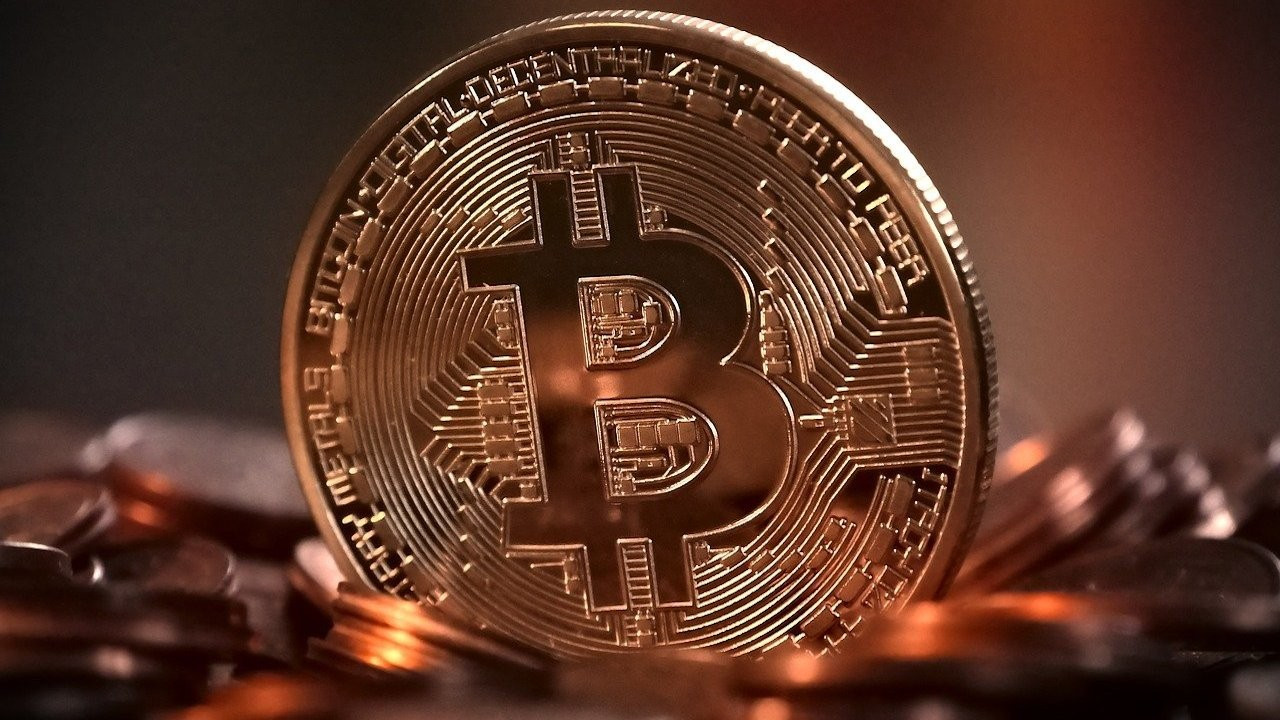Turkish fintechs barred from dealing with crypto
Binance TR, the Turkish arm of cryptocurrency exchange giant Binance, has announced that Turks will no longer be able to use fintechs Papara and Ininal to withdraw/deposit Turkish lira into their exchange accounts due to a new regulation of the Central Bank.
Duvar English
The Turkish subsidiary of Binance, the popular international cryptocurrency exchange with users from over 180 countries and regions, has announced that users will no longer be able to send/receive Turkish lira through the payment providers of Papara and Ininal.
The new regulation will take effect at 2 p.m. on April 29.
Binance TR said on its website that the measure is a consequence of a recent Central Bank decree which barred the use of digital money to pay for goods and services.
In legislation published in the Official Gazette on April 16, the Turkish Central Bank said cryptocurrencies and other digital assets based on distributed ledger technology could not be used, directly or indirectly, to pay for goods and services.
“Therefore, we are sorry to inform you that Turkish lira deposit and withdrawal procedures through Ininal and Papara can not be made on Binance.com as of 2 p.m. on April 29,” Binance TR said on April 27.
The company said that trading will not be affected as users can use their funds in their Binance Wallet to buy BUSD, USDT, BTC and other assets.
Binance had launched the Binance TR in 2019, providing traders the opportunity to purchase cryptocurrency with the local currency.
Binance had partnered with Turkey-based payment providers Papara and Ininal to integrate its banking solution, to allow users to purchase crypto with Turkish lira.
However, the Turkish crypto market began to unravel when the Istanbul-based Thodex exchange founder Faruk Fatih Özer fled to Albania last week with a reported $2 billion in investors' assets.
In the face of these recent developments, Ankara is preparing to tighten regulations in the crypto money industry.
The lack of oversight is said to make users more susceptible to fraud in Turkey than they would be in countries, where digital trades are regulated.

 Turkish Central Bank bans use of cryptocurrencies for goods and services paymentEconomy
Turkish Central Bank bans use of cryptocurrencies for goods and services paymentEconomy Turkish gov't eyeing crypto assets, requests user data from local exchange platformsEconomy
Turkish gov't eyeing crypto assets, requests user data from local exchange platformsEconomy Albanian police detain two people in raid to nab Turkish crypto exchange founderDomestic
Albanian police detain two people in raid to nab Turkish crypto exchange founderDomestic